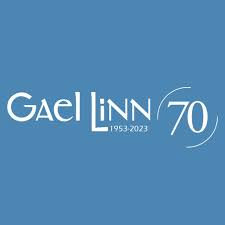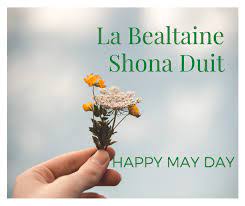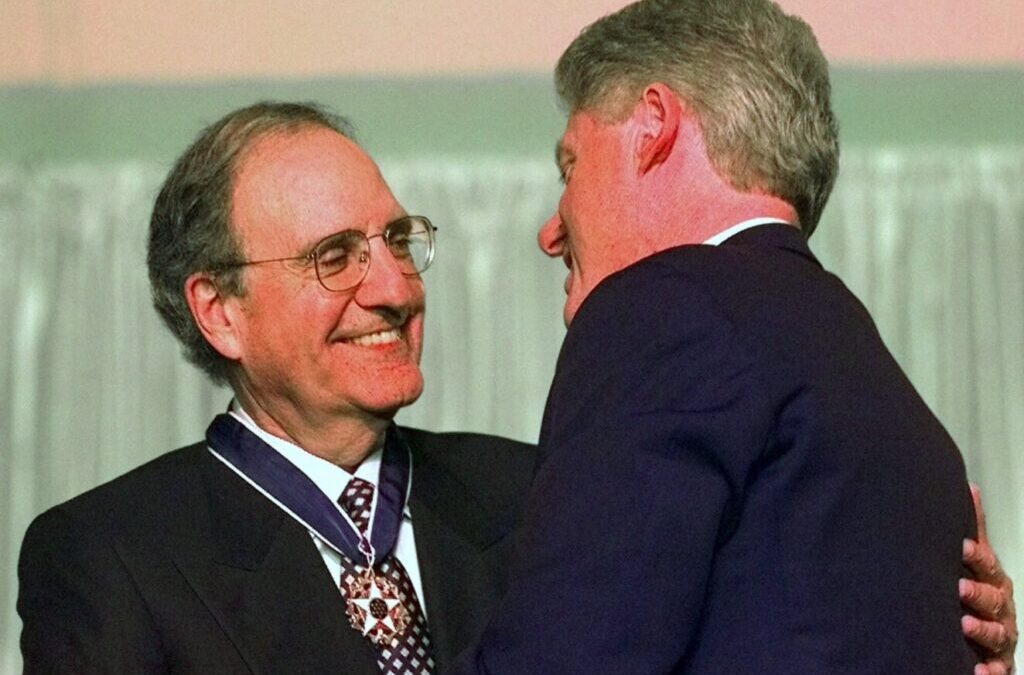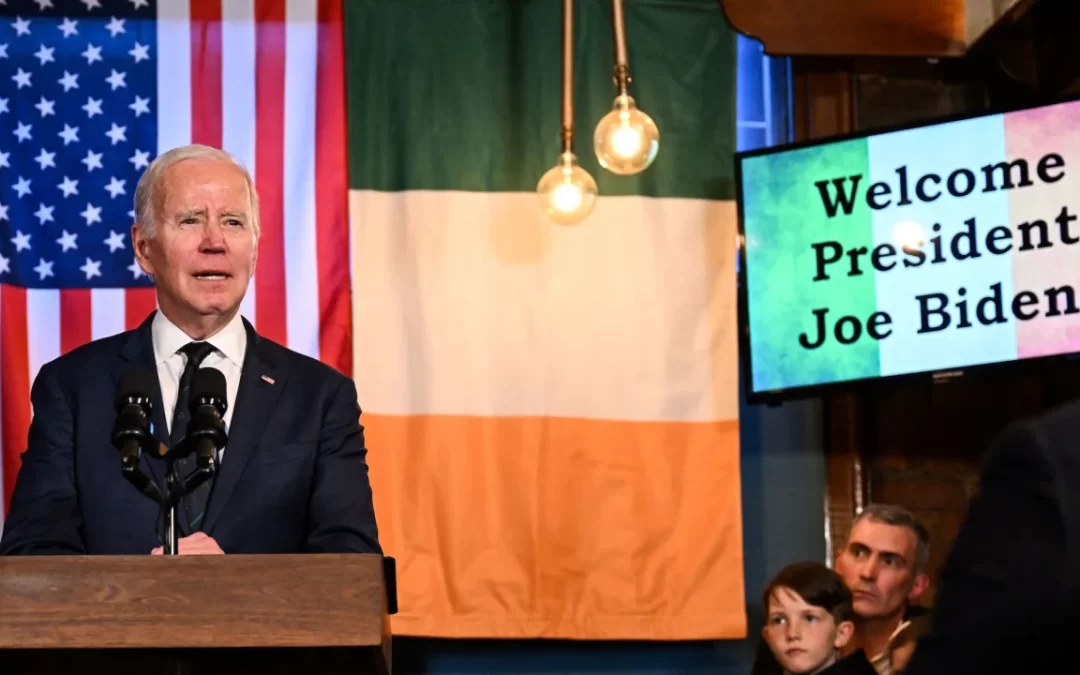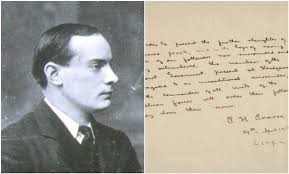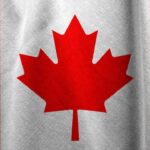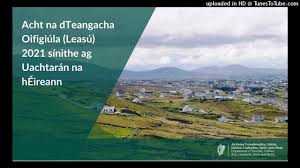
Big steps forward – but…!
Big steps forward – but…!
A step forward in the South!
The Minister of State for the Gaeltacht and Sport, Jack Chambers announced a new era for Irish language courses last year. According to the Official Languages (Amendment) Act 2021, the government had an obligation to ensure that 20% of recruits to public bodies were competent in Irish by 2030. Minister of State Chambers said: "It is great to see that certification of the Irish language courses offered to Civil Servants. This certification now provides a great opportunity for learners and employers alike as we all work towards our common goal of achieving the ambitious targets set out in the Act.”
A step forward in the North!
At the same time in the North, Irish received official legal status at the end of 2022, when King Charles III signed the Identity and Language (Northern Ireland) Bill. Unfortunately, Westminster had to pass the bill, because the government in Stormont was not going to do it.
"This is another historic day for the Irish-speaking community that the bill is now an official Act and has been put into law from today onwards," said Dr Pádraig Ó Tiarnaigh, spokesperson for 'An Dream Dearg'.
A matter of Hope and Despair at the same time!
Despite the fact that the status of the Irish language is improving in law, other things are happening that go against the objectives of the same laws. Here are a few examples of recent steps back.
A step back in the South
The Minister of Education Norma Foley has announced that there will be a reduction in time, half an hour per week, for the teaching of Irish in English primary schools (most schools in the state) starting in 2025. An hour and three quarters per week will be spent on flexible time , and from Class 3 onwards, an hour on the teaching of modern foreign languages. Despite the facts Minister Foley claims that the new curriculum would "improve the acquisition" of Irish. Education expert Professor Pádraig Ó Duibhir examined all aspects of the story, and in particular the research carried out by the National Council for Curriculum and Assessment Council (CNCM) - part of the Department of Education itself. The Professor said that it was very clear from that research that there was a strong link between the reduction of teaching hours in Irish and the standard of Irish that the pupils achieve. "It makes me angry," said Professor Ó Duibhir referring to the Minister's statement on the matter. "I feel it is insulting to say that the time has been reduced but the students' abilities will improve. How is that acceptable?”
Minister Foley spent only 15 minutes in a meeting in Leinster House with advisers and representatives from the CNCM, to decide on all the changes planned for the primary school curriculum, both in Irish and mathematics. I have only one word to say about that: unacceptable!
A step back in the North
Widespread cuts to education services are taking place in the North, due to the UK government slashing its annual budget – or so it claims, anyway. Therefore, the Department of Education in the North intends to put an end to:
It is scandalous that these cuts are taking place, with the Irish Language Act now passed. The government should make investments instead of cuts like that.
Conclusion
Just because an act has been passed does not mean it is in force. As Dr Pádraig Ó Tiarnaigh said: "Don't be fooled, this new act is just another milestone on that great journey. We have not reached any destination, and the enormous work of implementing the provisions of this Act begins.”
We all have to keep pressure on our political representatives to implement the new laws, both in the North and South of this beautiful island!

